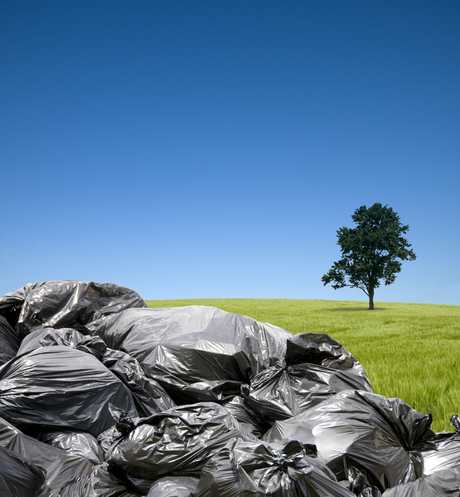A safeguard against illegal dumping — section 143 notices

The problem of illegal dumping
We all hear the horror stories of illegal landfill operations; cowboy waste operators dumping waste on land; the covert filling of gullies by unscrupulous transporters wanting to avoid landfill fees.
These practices undermine the whole intent of our waste regulatory structure and, when detected, attract huge fines. If prosecuted, it is for the transporter or waste generator to prove that the land can receive that waste.
What happens, however, when waste is recycled by placing it on land? Where waste has been treated and is to be incorporated into soil? Or where virgin excavated natural material is to be used for civil works on a site? How do we distinguish these operations from illegal operations? And, most importantly, how do transporters, waste generators and landowners protect themselves from prosecution?
The solution — section 143 notices
A simple solution has been developed by the EPA, and it involves the landowner completing a straightforward section 143 notice (3A) to provide to transporters. This notice is the strongest and best defence against prosecution for illegal dumping, particularly since the Pollution of the Environment Operations Act 1997 (POEO Act) specifically excludes any other form of advice as a defence. A waste transporter is essentially immune from prosecution if waste is dumped in accordance with a section 143 notice for the site.
Note that the notice does not give a landowner a defence to using their land as a waste facility without lawful authority. Regardless of the notice, the landowner or any person who carries out any development or activity on land involving waste must ensure compliance with any planning requirements including obtaining any planning consent or approval and complying with any conditions attached to that consent or approval. Only then can a landowner lawfully provide a section 143 notice to a transporter.
A landowner storing, treating, processing, sorting or disposing waste has to obtain approvals for a waste facility. As detailed in one of my earlier articles presenting relative case studies, under the POEO Act, the definition of waste is relatively wide. Even building a road or dam, or filling a gully, could involve using land as a waste facility. Some of the necessary approvals can take time and need supporting documentation. MRA is able to help in determining which approvals are needed, and to guide landowners through the process.
The section 143 notice means transporters and generators have no excuse. They need to either obtain a notice from the landowner or see it on display at the site. Depositing waste without a notice is risking prosecution for illegal dumping, and likely being found guilty.
Let the section 143 notice work for you
We encourage transporters to ask for a copy of the section 143 notice before depositing waste on land. We also encourage waste generators to receive this notice as a condition of contract with a transporter. And, where such a notice doesn’t exist, transporters should encourage landowners to contact us so that we can help sort out this regulatory safeguard for everybody.
It’s just not worth taking the risk of being inadvertently prosecuted for illegal dumping, and MRA can make sure you are protected.
Scouts SA secures future of its recycling centres
Scouts SA has partnered with Container Deposit Scheme specialist Return-It to grow its Scout...
Mining waste provides strong boost to concrete construction
Flinders University researchers are turning mining waste into a tool for sustainable...
Partnership doubles medicinal blister pack recycling
Blooms The Chemist has recycled 20 million blister packs in the past 12 months, thanks to...










